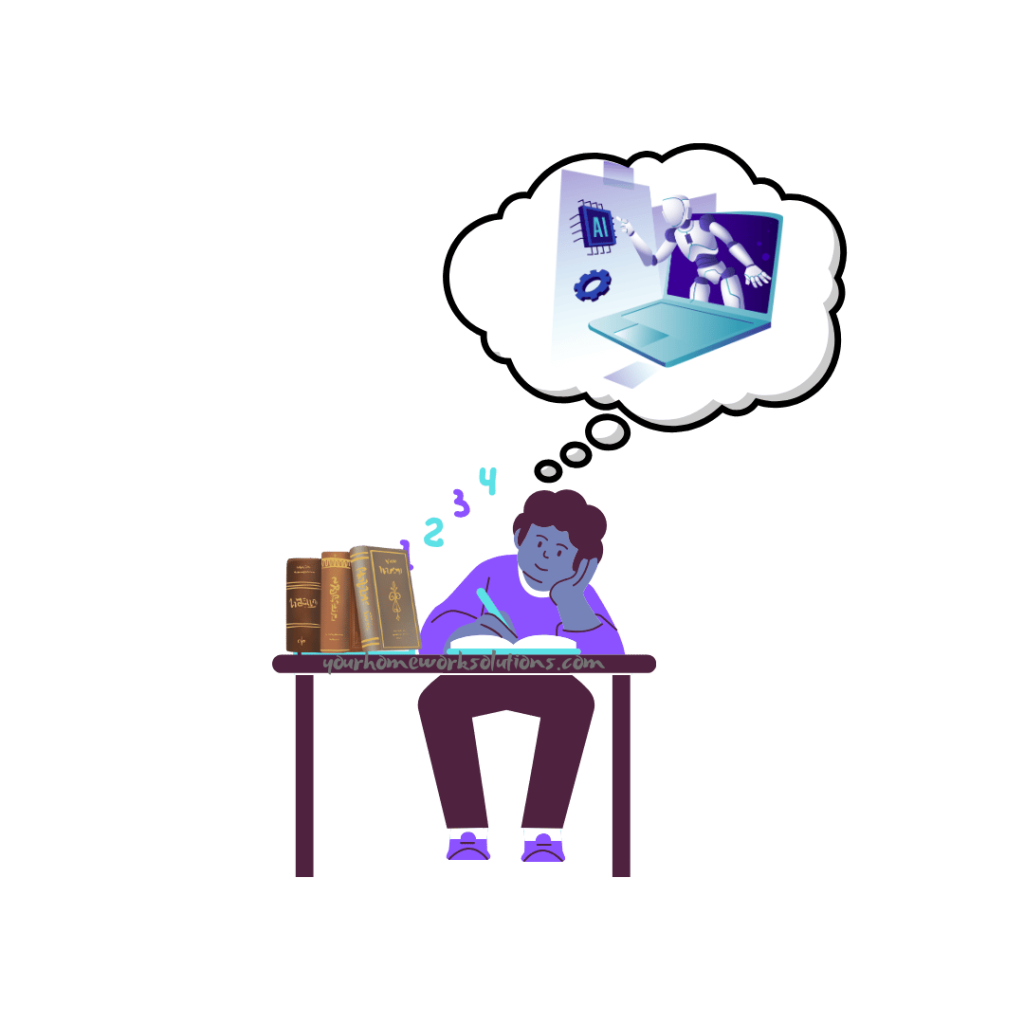Understanding AI Detection in Academic Writing
Having original content remains essential in writing. As artificial intelligence (AI) continues to advance, it becomes an accessible tool for digital creators, including students. While AI-generated content offers convenience, it raises concerns about transparency and ethics in academic writing. AI detection platforms serve as authentication tools that help maintain academic integrity while ensuring professional standards in writing.
Why AI-Generated Content is Problematic in Academics
Over the years, writing has evolved from handwritten manuscripts to AI-integrated word processors. AI tools like OpenAI’s ChatGPT and other language generation models have revolutionized content creation. However, these technologies also introduce vulnerabilities that may lead to:
- Lack of originality – AI-generated content often lacks personal insights and critical thinking.
- Plagiarism risks – Universities and institutions emphasize original work, and AI-generated content can sometimes be flagged as unoriginal.
- Ethical concerns – Misrepresenting AI-generated work as one’s own violates academic integrity policies.
Best Practices to avoid AI-generated content in academic writing
To maintain originality and uphold ethical standards, students should adopt the following strategies:
1. Emphasize Human-Centric Writing Techniques
AI-generated text often follows repetitive patterns and lacks depth. To avoid AI in academic writing, consider the following approaches:
- Use personal insights and critical thinking – Authentic writing reflects unique thought processes.
- Engage in active research – Rely on peer-reviewed sources, academic papers, and firsthand data collection.
- Develop a distinct writing voice – Vary sentence structures, use rhetorical strategies, and ensure a natural flow.
2. Utilize AI Detection Tools
Institutions increasingly use AI detection tools such as Turnitin and GPTZero to verify originality. These platforms analyze various aspects of a text, including:
- Linguistic patterns – AI-generated content tends to be rigid and overly structured.
- Statistical analysis – Detection systems assess word frequency and probability models to identify AI-generated text.
- Stylometric features – Human writing showcases distinctive word choices and sentence variations.
- Contextual inconsistencies – AI content sometimes contains logical errors that human writers typically avoid.
3. Maintain Transparency in Writing
Academic integrity demands transparency in the use of AI tools. To ensure honesty:
- Disclose AI usage – If AI tools assist in research or refinement, acknowledge their contribution.
- Cite sources properly – Attributing sources ensures credibility and prevents plagiarism.
- Educate readers – Informing peers and educators about AI’s role in content creation fosters awareness and trust.
Effective Writing Techniques to Ensure Originality
To avoid AI-generated content in academic writing, students should focus on these key techniques:
1. Master Paraphrasing Skills
Paraphrasing allows students to reinterpret ideas without copying verbatim. Successful paraphrasing involves:
- Understanding the source material – Read actively to grasp core concepts.
- Rewriting in your own words – Use synonyms, alter sentence structures, and introduce new phrasing.
- Citing original authors – Even paraphrased content must be attributed to its source.
2. Strengthen Research and Analytical Skills
High-quality writing stems from thorough research. Follow these steps to enhance originality:
- Define your research scope – Establish clear objectives and target a specific audience.
- Use credible sources – Rely on peer-reviewed journals, government publications, and academic books.
- Organize research systematically – Take structured notes and categorize key themes.
Using AI Responsibly in Academic writing
While AI tools can aid writing, responsible use is essential. Students should:
- Use AI as a supplement, not a substitute – AI can assist in brainstorming and editing but should not replace human effort.
- Avoid overreliance – Excessive dependence on AI hinders critical thinking and personal development.
- Understand AI limitations – AI-generated content lacks emotional nuance and deep contextual understanding.
- Promote ethical standards – Always comply with academic integrity policies when using AI-powered tools.
Conclusion
In conclusion, using zero AI content in writing continues to challenge professionals while representing a personal duty due to our current AI technology-centric environment. Combining manual writing with self-experience input and no AI filtering produces genuine human-made work that detection tools can confirm. Through this approach, writers fulfill their ethical obligations while allowing creativity to flourish and build stronger bonds with their audience. Originality in their writing goes beyond AI avoidance because it represents the distinctive quality that only human touch can generate. If you need any help with your academic work, we have tutors who can work on it ande deliver 100% original and human written content. Place your order here



